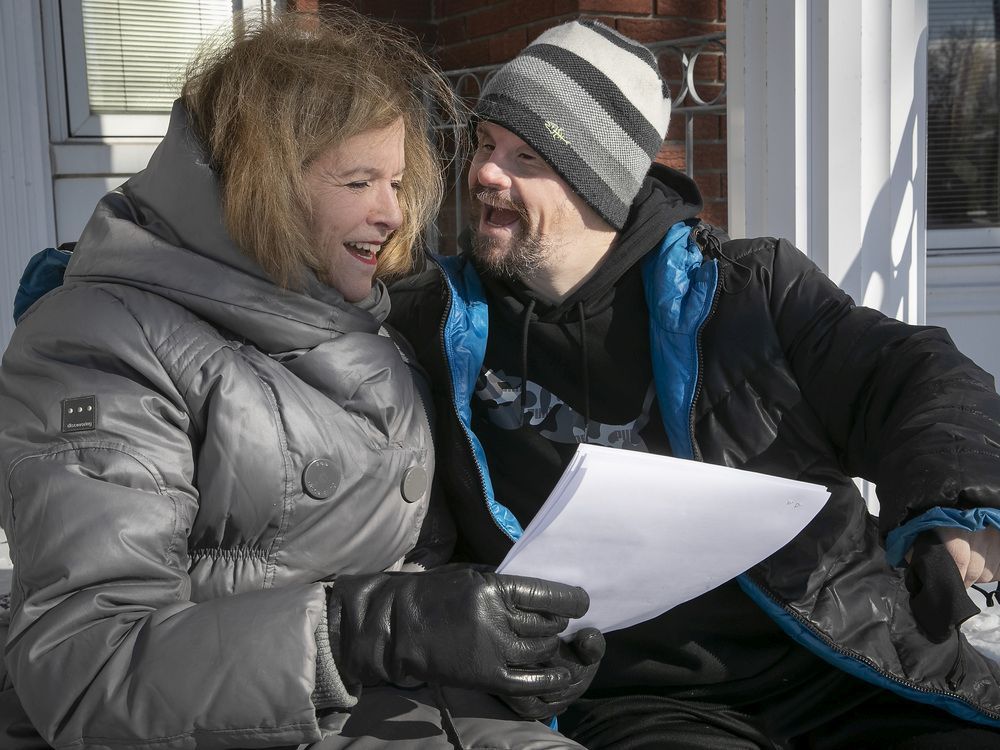aging with down syndrome: 'here i am' campaign aims to dispel misconception of shorter life expectancies
noticing a lack of representation of older people living with down syndrome, waterloo, ont. photographer hilary gauld created a photo essay together with the canadian down syndrome society to tell the life stories of adults and seniors.
living with down syndrome: 'some people are uncomfortable around me. that’s okay. i’m happy with who i am'
chris sayer, 31, calls himself a 'happy guy,' and has lots of plans for the future, including a place of his own, getting married, and having children.
down syndrome, trisomy 21: signs, causes and treatment
an ultrasound, a blood test, as well as chorionic villus sampling and amniocentesis can help diagnose down syndrome during pregnancy.
 6 minute read
6 minute read










